
Matam: The Vibrant Heart of Conakry
Matam is a lively neighbourhood located in the bustling city of Conakry, the capital of Guinea. Known for its dynamic atmosphere and rich cultural tapestry, Matam offers a unique glimpse into the daily life and traditions of the Guinean people. Visitors to Matam will find a variety of local markets teeming with fresh produce, handmade crafts, and vibrant fabrics. The neighbourhood's street food scene is equally impressive, with vendors offering delicious local dishes such as grilled fish, peanut sauce, and fried plantains. Matam is also home to several cultural landmarks, including local music venues where you can experience traditional Guinean rhythms. The area is well-connected, making it easy to explore other parts of Conakry from this central location. Whether you're looking to immerse yourself in the local culture or simply enjoy the energetic vibe, Matam is a must-visit destination in Conakry.
Local tips in Matam
- Visit the local markets early in the morning for the freshest produce and best deals.
- Try the street food; it's both delicious and affordable.
- Wear comfortable shoes as the streets can be bustling and you'll likely do a lot of walking.
- Interact with locals; they are friendly and often eager to share their culture.
- Keep some local currency handy for small purchases as not all vendors accept cards.
Matam: The Vibrant Heart of Conakry
Matam is a lively neighbourhood located in the bustling city of Conakry, the capital of Guinea. Known for its dynamic atmosphere and rich cultural tapestry, Matam offers a unique glimpse into the daily life and traditions of the Guinean people. Visitors to Matam will find a variety of local markets teeming with fresh produce, handmade crafts, and vibrant fabrics. The neighbourhood's street food scene is equally impressive, with vendors offering delicious local dishes such as grilled fish, peanut sauce, and fried plantains. Matam is also home to several cultural landmarks, including local music venues where you can experience traditional Guinean rhythms. The area is well-connected, making it easy to explore other parts of Conakry from this central location. Whether you're looking to immerse yourself in the local culture or simply enjoy the energetic vibe, Matam is a must-visit destination in Conakry.
Iconic landmarks you can’t miss
Grande Mosquée de Conakry
Explore the Grande Mosquée de Conakry, a stunning architectural gem and cultural hub that embodies the spirit of Guinea's Islamic heritage.
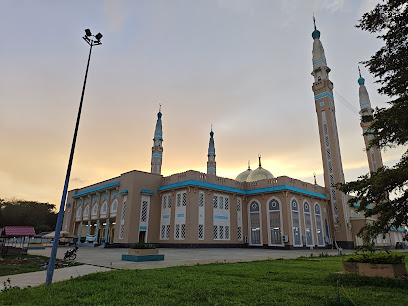
National Museum of Guinea
Explore Guinea's vibrant history and culture at the National Museum of Guinea, a treasure trove of artifacts and exhibits reflecting the nation's rich heritage.
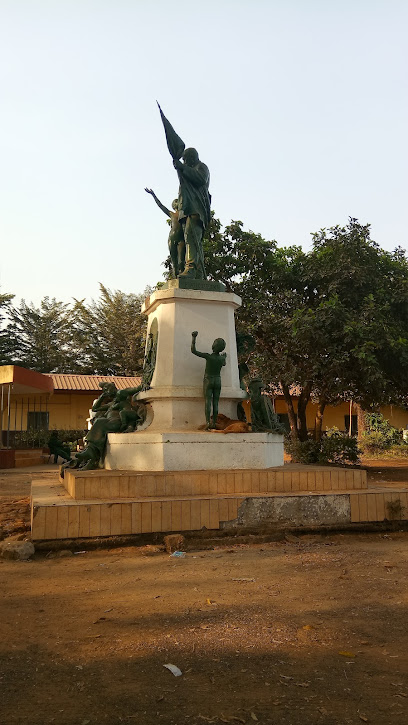
Palais du Peuple
Explore the Palais du Peuple, Conakry's iconic landmark symbolizing governance and cultural heritage in Guinea.
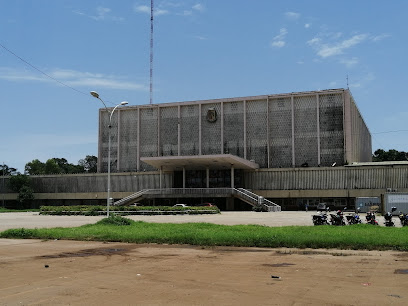
Madina Dispensaire
Discover the heart of Conakry at Madina Dispensaire, a vibrant market brimming with local culture, flavors, and unique artisan crafts.
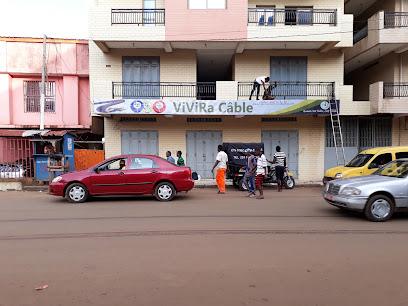
Plage TAYAKI
Experience the tranquil beauty of Plage TAYAKI, a hidden beach pavilion in Conakry, Guinea, perfect for relaxation, swimming, and local flavors.
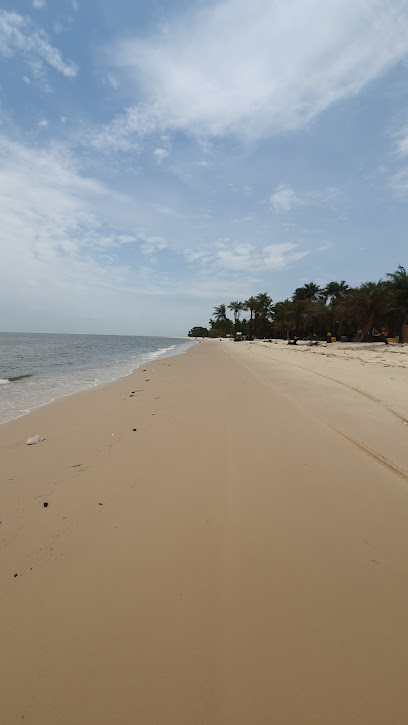
Commune de Matam
Discover the vibrant atmosphere and local culture of Commune de Matam, a bustling neighborhood in Conakry, Guinea, where tradition meets daily life.
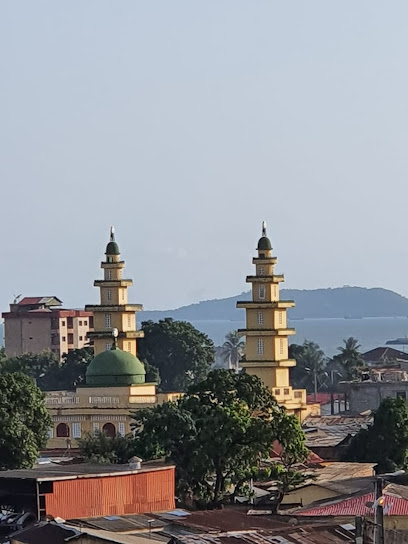
BlackCab Guinee
Explore Conakry effortlessly with BlackCab Guinee, your trusted taxi service for a seamless travel experience in Guinea's vibrant capital.

Monument du 22 Novembre
Explore the Monument du 22 Novembre in Conakry, Guinea - a powerful memorial park celebrating the nation's history and resilience.
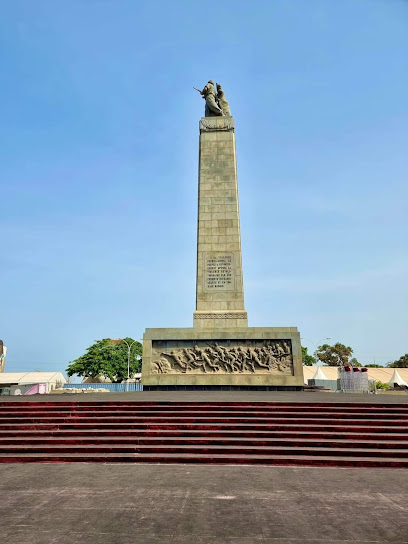
Cathedral of Sainte-Mary
Discover the breathtaking Cathedral of Sainte-Mary in Conakry, a stunning Catholic cathedral blending architectural beauty with spiritual tranquility.
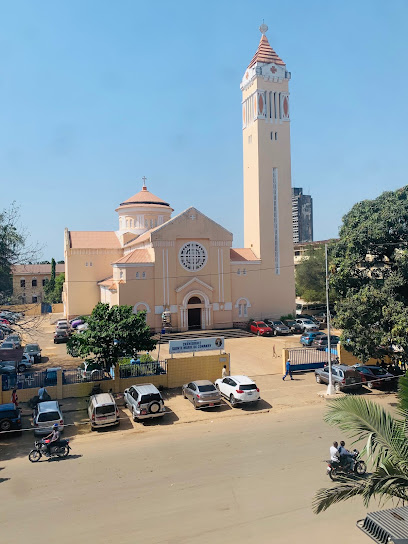
植物園
Explore the lush landscapes and vibrant flora of the Botanical Garden in Conakry, a serene retreat for nature lovers in Guinea.
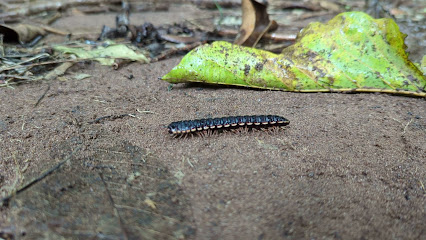
Jardins du 2 Octobre
Discover the serene beauty of Jardins du 2 Octobre, a tranquil garden in Conakry perfect for relaxation, cultural experiences, and photography.
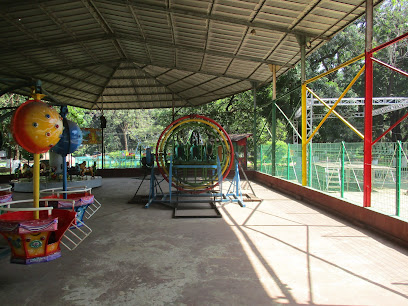
Grande Mosquée de Matam Autoroute
Discover the Grande Mosquée de Matam in Conakry, a cultural landmark showcasing stunning Islamic architecture and a serene atmosphere.
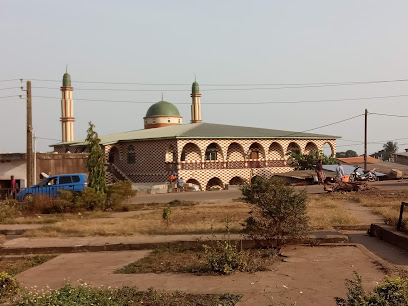
Grande Mosquée de Matam
Discover the Grande Mosquée de Matam, a stunning architectural gem in Conakry, Guinea, reflecting the rich Islamic heritage and cultural significance of the region.
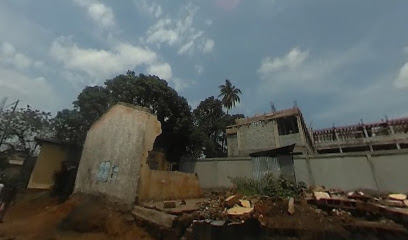
WAKANDA BEACH
Experience the serene beauty of Wakanda Beach in Conakry, Guinea, where golden sands meet vibrant local culture for the perfect coastal getaway.
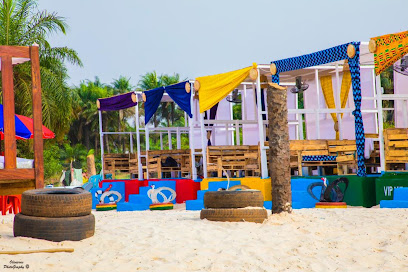
Guinea TP 224
Explore Guinea TP 224, a premier business service hub in Guinea, offering essential resources for entrepreneurs and professionals in a vibrant setting.

Unmissable attractions to see
National Museum of Guinea
Explore the National Museum of Guinea, where rich history and vibrant culture come alive through captivating exhibits and local artistry.
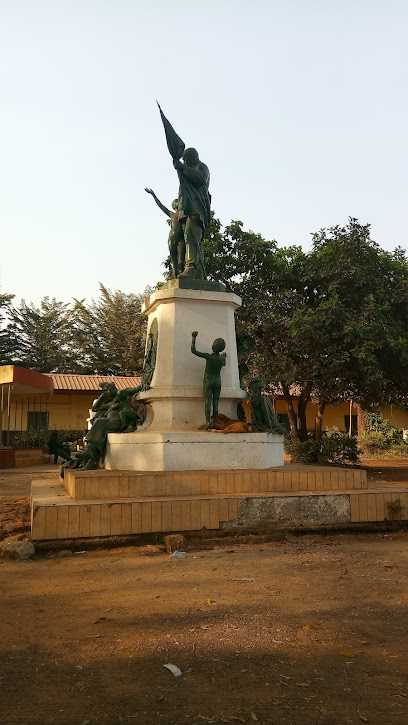
National Park of Upper Niger
Explore the breathtaking landscapes and diverse wildlife at the National Park of Upper Niger, a hidden paradise in Guinea perfect for nature lovers.
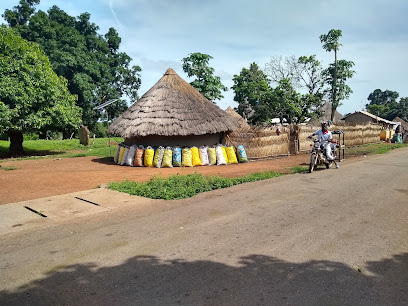
WAKANDA BEACH
Discover the serene beauty of Wakanda Beach in Conakry, Guinea, where relaxation meets adventure in a picturesque coastal setting.
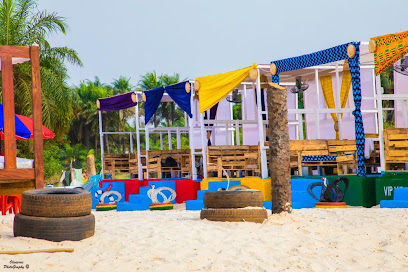
Essential places to dine
Avenue
Experience authentic Guinean cuisine and international flavors at Avenue, the heart of culinary delight in Conakry.
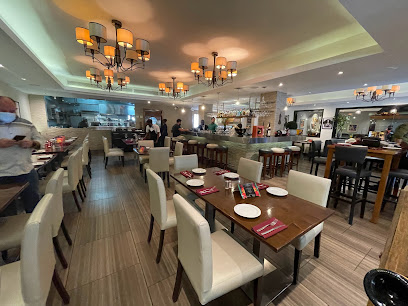
Le Special
Discover authentic Guinean cuisine at Le Special in Conakry – where every meal tells a story.
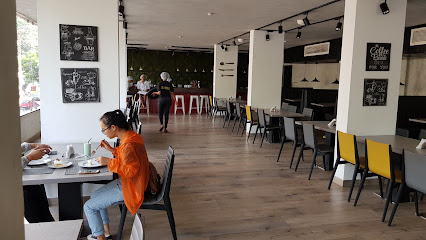
مطعم سدرة Restaurant Le Cèdre
Discover authentic Lebanese flavors at Restaurant Le Cèdre in Conakry – where every dish tells a story.
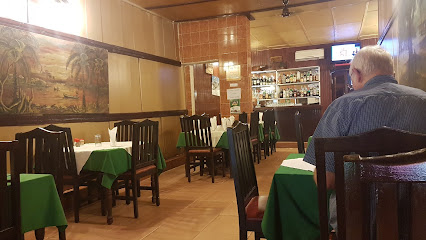
Italia Box
Experience authentic Italian flavors at Italia Box in Conakry—where pizza meets passion amidst the vibrant Guinean culture.
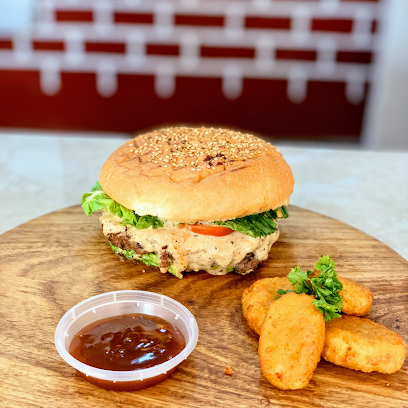
Le Bambou
Discover authentic Guinean flavors at Le Bambou, a top-rated restaurant in Ratoma offering delicious cuisine in a warm and inviting atmosphere.
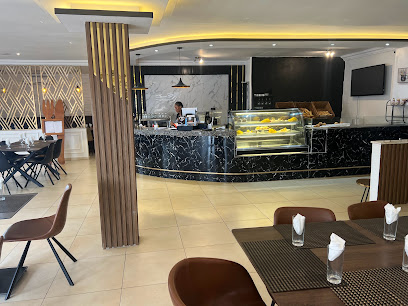
Favela
Savor authentic Guinean cuisine at Favela in Conakry – where vibrant flavors meet rich culture in a lively setting.
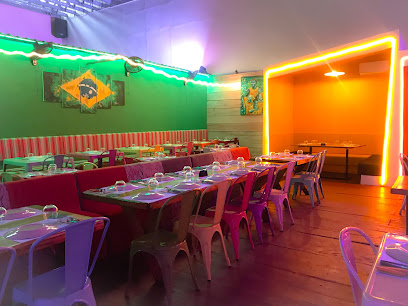
Restaurant Big Fataya Taouyah
Experience the finest haute French cuisine at Restaurant Big Fataya Taouyah in Conakry – where culinary artistry meets elegant dining.
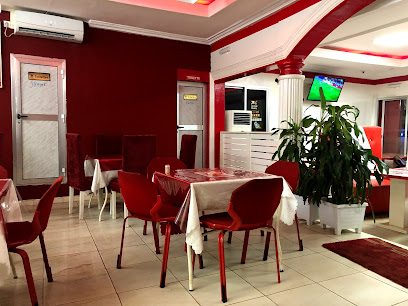
Restaurant Versaille
Experience authentic Guinean flavors at Restaurant Versaille in Conakry - a culinary journey awaits you!
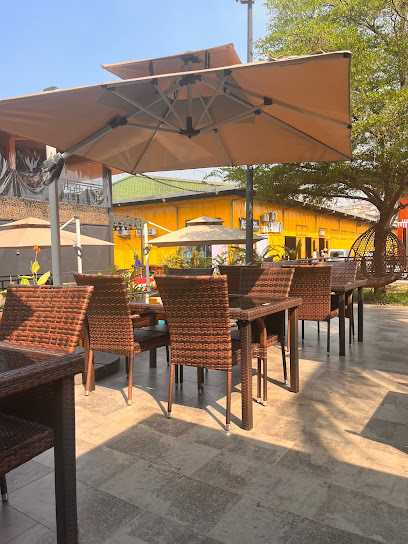
L’Étage, Conakry
Discover exquisite local cuisine at L’Étage in Conakry, where stunning ocean views meet delicious culinary traditions.
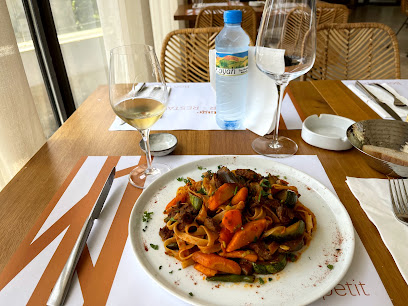
Restaurant la terrasse
Savor the best of Guinean cuisine at Restaurant La Terrasse in Conakry, where every dish tells a story.
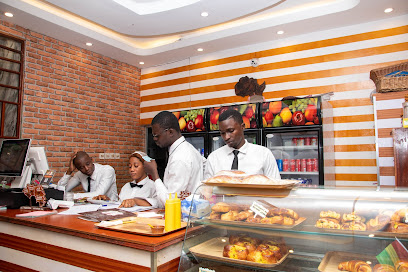
Markets, malls and hidden boutiques
Arabinènè Marketplace
Experience the vibrant Arabinènè Marketplace in Conakry, where culture, commerce, and community converge in a unique shopping adventure.

Vintage Shop
Explore the charm of Conakry's Vintage Shop, a thrift store offering a delightful mix of unique finds and local culture in the heart of Guinea.
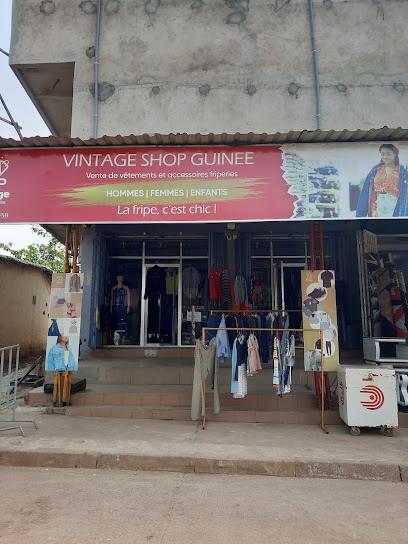
WelyStore
Explore WelyStore in Conakry for unique gifts and local crafts that embody the spirit of Guinea's rich culture and heritage.
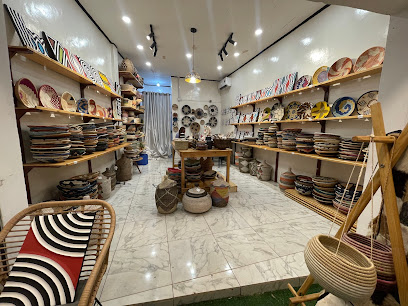
Ibrahima boutique
Explore Ibrahima Boutique in Conakry for unique handicrafts and authentic souvenirs that celebrate Guinea's rich cultural heritage.

Angel Boutique
Explore Angel Boutique in Conakry for unique gifts and local crafts that embody the rich heritage of Guinea.

Madina
Explore the vibrant marketplace of Madina in Matam, Guinea, where local culture, crafts, and cuisine come together for an unforgettable experience.
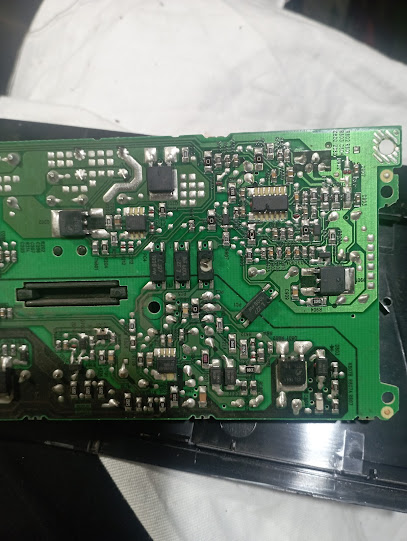
Chez Sinna
Discover the vibrant local fashion scene at Chez Sinna, a premier clothing store in Kaloum Peninsula, Conakry, reflecting Guinea's rich cultural heritage.

Agadeya
Experience the heart of Conakry at Agadeya Shopping Mall, where shopping, dining, and culture come together in a vibrant atmosphere.
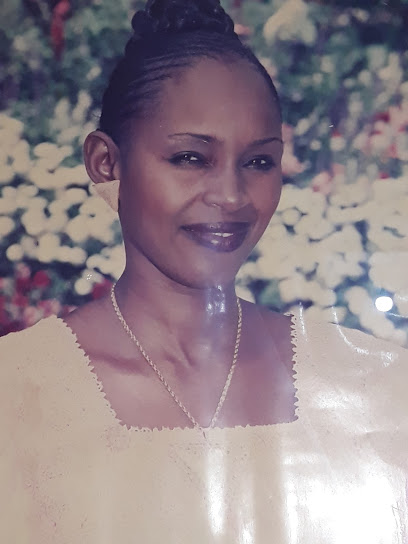
Rachette boutique
Explore Rachette Boutique in Conakry for unique handcrafted gifts and souvenirs that embody the spirit of Guinea's rich culture and artistry.
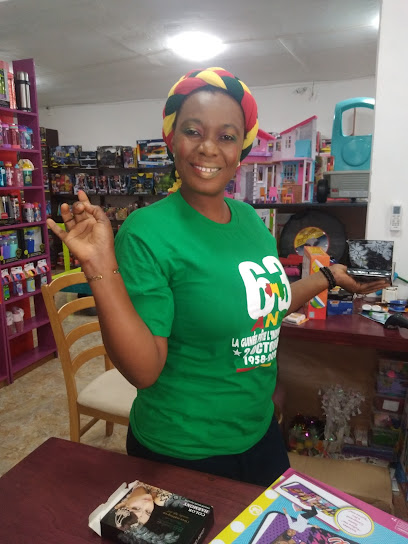
Magasin de dépotoir de Kaba et frère
Explore the vibrant local culture at Magasin de Dépotoir de Kaba et Frère, a unique store in Conakry, Guinea, offering authentic crafts and local goods.

Essential bars & hidden hideouts
CODE BAR
Discover CODE BAR in Conakry - a chic lounge offering delicious cuisine, refreshing drinks, and a lively atmosphere perfect for socializing.
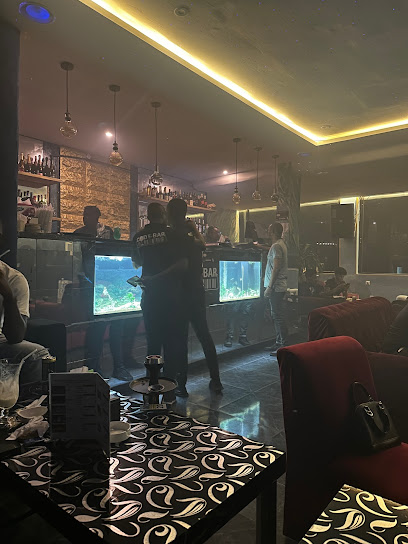
Maquis Tiktok
Discover the vibrant heart of Conakry at Maquis Tiktok, where local flavors and lively atmosphere come together for an unforgettable experience.

CEOBHA NIGHT CLUB
Discover the essence of Conakry's nightlife at Ceobha Night Club, where vibrant music and local culture come alive in an unforgettable experience.
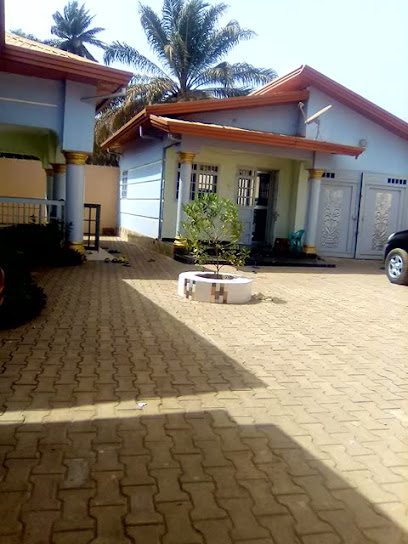
Palazio
Discover the vibrant nightlife of Conakry at Palazio, where music, drinks, and fun come together in a lively atmosphere.
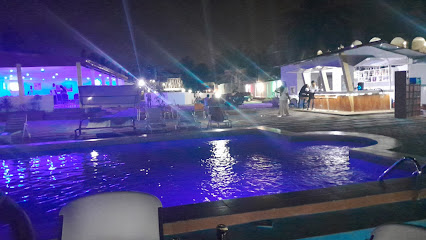
Paname Guinée
Discover the culinary heart of Guinea at Paname Guinée, where traditional flavors meet modern gastropub style in the vibrant city of Conakry.
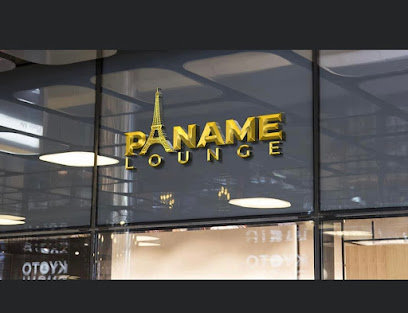
Restaurant la bienvenu
Experience the vibrant culinary scene of Conakry at Restaurant La Bienvenu, where local flavors meet a lively atmosphere.
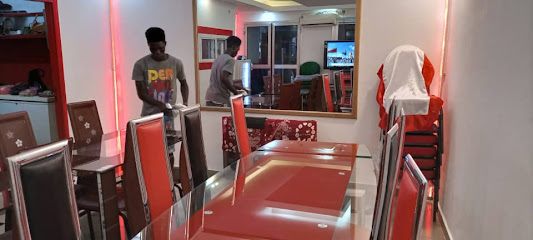
The Best Lounge & Bar
Experience the vibrant nightlife and relaxing ambiance at The Best Lounge & Bar in Conakry, where cocktails and culture meet.
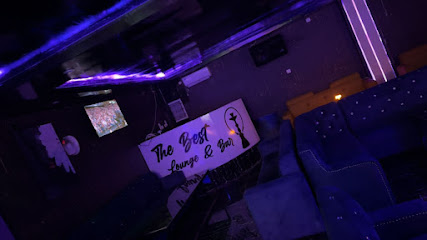
Bar Restaurant Tropicana chez Djohn Touré
Experience the vibrant flavors and lively atmosphere at Bar Restaurant Tropicana chez Djohn Touré, a culinary gem in Conakry, Guinea.

Plein air chez Tonton Daki
Experience the vibrant nightlife at Plein Air Chez Tonton Daki, a lively bar in Conakry offering local flavors and an inviting atmosphere.
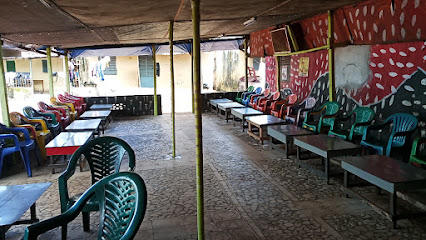
Le bambou
Discover the vibrant atmosphere of Le Bambou, Matam's top bar, offering refreshing drinks and local culture for an unforgettable experience.

Local Phrases
-
- HelloSalam
[Sa-laam] - GoodbyeSalamata
[Sa-la-ma-ta] - YesEe
[Ee] - NoAyi
[A-yi] - Please/You're welcomeS'il vous plait
[Sil vu ple] - Thank youKe azizi
[Ke a-zi-zi] - Excuse me/SorrySama kono
[Sa-ma ko-no] - How are you?Nene la?
[Ne-ne la] - Fine. And you?Nene. Ade la?
[Ne-ne. A-de la] - Do you speak English?Fe ngara kuma Inglesa?
[Fe n-ga-ra ku-ma Ing-le-sa] - I don't understandMbeleko
[Mbe-le-ko]
- HelloSalam
-
- I'd like to see the menu, pleaseNka tokki menu, s'il vous plait
[N-ka tok-ki me-nu, sil vu ple] - I don't eat meatMbaa tokki moom
[M-ba tok-ki moom] - Cheers!Yekoo!
[Ye-koo] - I would like to pay, pleaseNka demba, s'il vous plait
[N-ka dem-ba, sil vu ple]
- I'd like to see the menu, pleaseNka tokki menu, s'il vous plait
-
- Help!Nde!
[N-de] - Go away!Nde dufe!
[N-de du-fe] - Call the Police!Nde dende Police!
[N-de den-de Po-lice] - Call a doctor!Nde dende doktara!
[N-de den-de dok-ta-ra] - I'm lostMi ko toko
[Mi ko to-ko] - I'm illMi ko baa
[Mi ko ba]
- Help!Nde!
-
- I'd like to buy...Nka nen...
[N-ka nen] - I'm just lookingMbaa ndaw
[M-ba ndaw] - How much is it?Nka bala?
[N-ka ba-la] - That's too expensiveNdo deen naa bala
[N-do deen na ba-la] - Can you lower the price?Nde yaay bala?
[N-de yaay ba-la]
- I'd like to buy...Nka nen...
-
- What time is it?Nka kalo?
[N-ka ka-lo] - It's one o'clockKalo mo wuri
[Ka-lo mo wu-ri] - Half past (10)Wuri folu (10)
[Wu-ri fo-lu (10)] - MorningFandora
[Fan-do-ra] - AfternoonKala
[Ka-la] - EveningLaylatoo
[Lay-la-too] - YesterdayBiirii
[Bi-rii] - TodayBi
[Bi] - TomorrowBi naa
[Bi naa] - 1Kaba
[Ka-ba] - 2Fuuta
[Fu-ta] - 3Beyondo
[Be-yon-do] - 4Nayda
[Nay-da] - 5Jaha
[Ja-ha] - 6Jammu
[Jam-mu] - 7Jano
[Ja-no] - 8Jegi
[Je-gi] - 9Jewo
[Je-wo] - 10Folu
[Fo-lu]
- What time is it?Nka kalo?
-
- Where's a/the...?Nde...?
[N-de] - What's the address?Nka yeru?
[N-ka ye-ru] - Can you show me (on the map)?Nde yaay nene (nu kaartu)?
[N-de yaay ne-ne (nu kaar-tu)] - When's the next (bus)?Nde folu ndaw (bus)?
[N-de fo-lu ndaw (bus)] - A ticket (to ....)Folu kisaa (to ....)
[Fo-lu ki-saa (to)]
- Where's a/the...?Nde...?
History of Matam
-
Matam, as part of Conakry, has its roots in the colonial period when the French established it as a key area for trade and administration. The French colonial government focused on developing urban infrastructure, which included roads, schools, and public buildings that still influence the architecture in Matam today.
-
Matam is known for its diverse population, which reflects the rich tapestry of Guinea's ethnic groups, including the Malinke, Soussou, and Fulani. This blend has fostered a unique cultural environment, where traditional music, dance, and festivals are integral to community life, showcasing the vibrant cultural heritage of Conakry.
-
Following Guinea's independence from France in 1958, Matam experienced significant social and political transformations. The new government aimed to promote national identity and unity, leading to the establishment of various cultural institutions and initiatives that have shaped the social fabric of the neighbourhood.
-
In the late 20th century, Matam saw rapid urbanization as people migrated to Conakry in search of better economic opportunities. This influx contributed to the neighbourhood's growth but also led to challenges such as overcrowding and inadequate infrastructure, which continue to impact the area today.
-
Today, Matam is a bustling urban area that blends modernity with tradition. Community initiatives aimed at improving education, healthcare, and economic prospects are prevalent, reflecting the resilience and adaptability of its residents. The neighbourhood's ongoing evolution is a testament to Guinea's dynamic cultural and social landscape.
Matam Essentials
-
Matam is located in the heart of Conakry and is easily accessible from other neighborhoods. From the airport, you can take a taxi or arrange a private transfer, which takes approximately 30 minutes depending on traffic. If you are coming from downtown Conakry, local taxis or shared minibuses (known as 'clando') are available and provide a budget-friendly option. Be prepared for varying traffic conditions, especially during peak hours.
-
Matam is a relatively compact neighborhood, making it easy to explore on foot. However, for longer distances, you can use shared taxis or minibuses, which are common throughout Conakry. Bicycles can be rented from local shops, providing a more immersive way to see the area. Keep in mind that public transport may be crowded, particularly during rush hours.
-
While Matam is generally safe for tourists, it is essential to exercise caution. Areas near the market can be busy and may attract pickpockets. Avoid walking alone at night, especially in poorly lit areas. It is advisable to stay away from specific neighborhoods known for petty crime, such as parts of Ratoma and Kaloum, especially after dark. Always remain vigilant and keep your belongings secure.
-
In case of an emergency, dial 118 for police assistance and 121 for medical emergencies. There are hospitals and clinics within Conakry, and it is advisable to have travel insurance that covers emergencies. For minor health issues, pharmacies are available throughout Matam, where you can find over-the-counter medications.
-
Fashion: Do dress conservatively, especially when visiting markets or religious sites. Avoid overly revealing clothing. Religion: Do respect local customs and traditions; it is advisable to ask permission before taking photographs in religious areas. Public Transport: Do be courteous, offer your seat to the elderly, and avoid loud conversations. Don't eat or drink on public transportation. Greetings: Do greet people warmly with a handshake or nod. Don't overlook the importance of polite phrases in French. Eating & Drinking: Do try local dishes and accept food offers as a sign of friendship. Don't refuse hospitality, as it can be considered rude.
-
To experience Matam like a local, visit the vibrant markets where you can sample fresh produce and street food. Engage with local vendors, who often share insights about their products. Additionally, consider attending a local event or festival to immerse yourself in the community's culture. For a unique experience, try to learn a few phrases in Malinke or Soussou, as locals appreciate when visitors make an effort to speak their language.
Trending Landmarks in Matam
Nearby Cities to Matam
-
Things To Do in Port Loko
-
Things To Do in Magburaka
-
Things To Do in Quebo
-
Things To Do in Bonthe
-
Things To Do in Buba
-
Things To Do in Faranah
-
Things To Do in Pujehun
-
Things To Do in Kenema
-
Things To Do in Bissau
-
Things To Do in Canchungo
-
Things To Do in Voinjama
-
Things To Do in Janjanbureh
-
Things To Do in Monrovia
-
Things To Do in Soma
-
Things To Do in Farafenni






